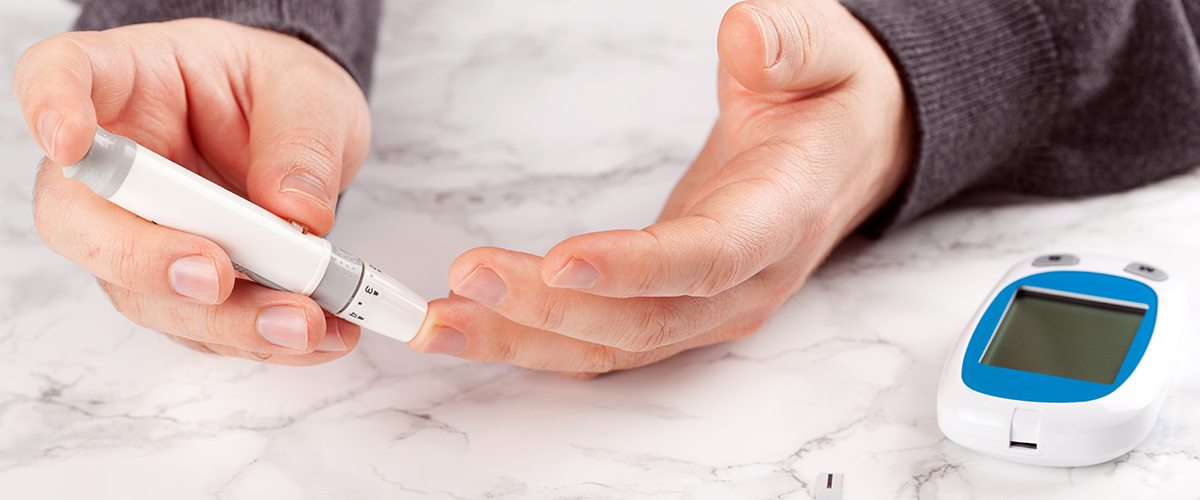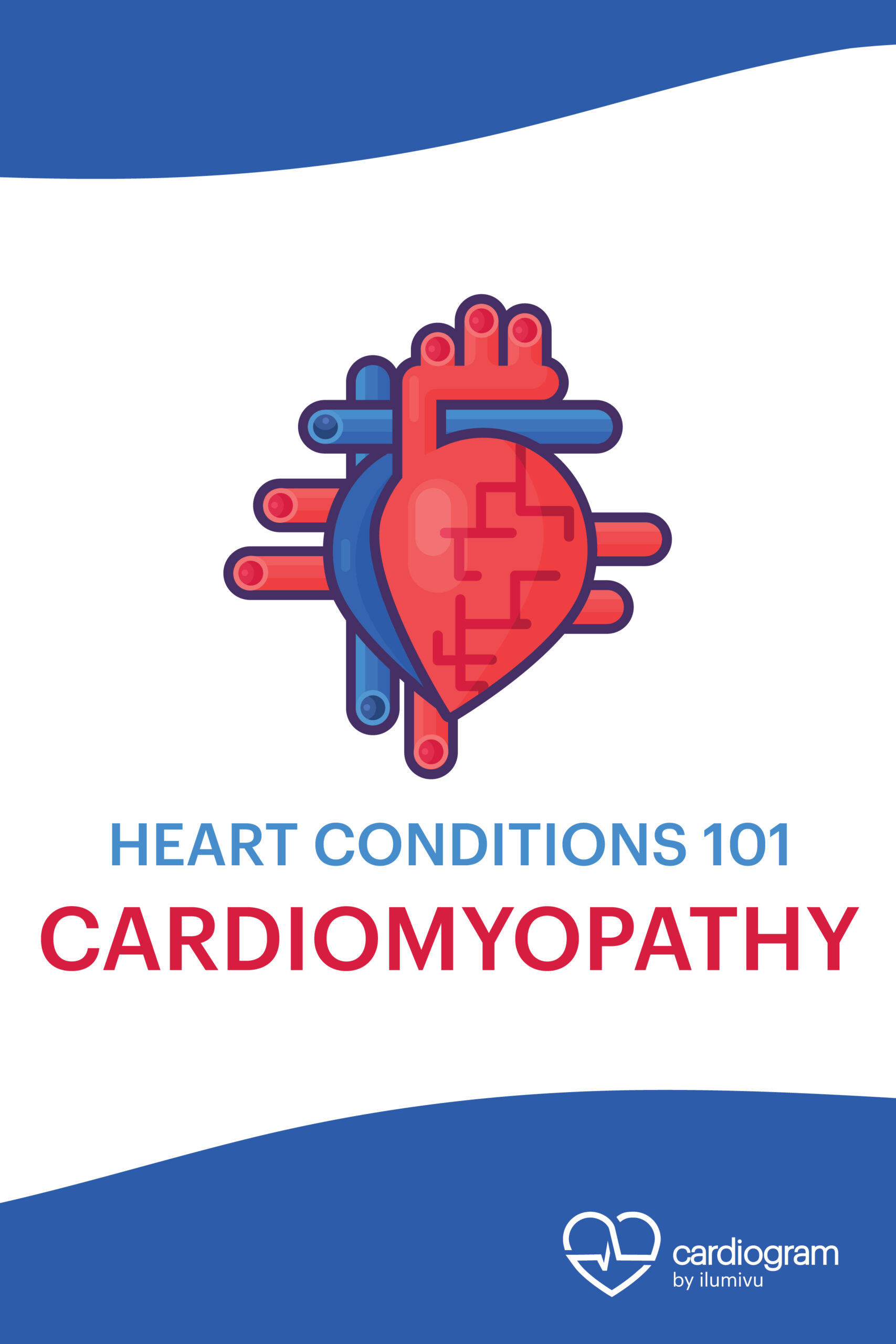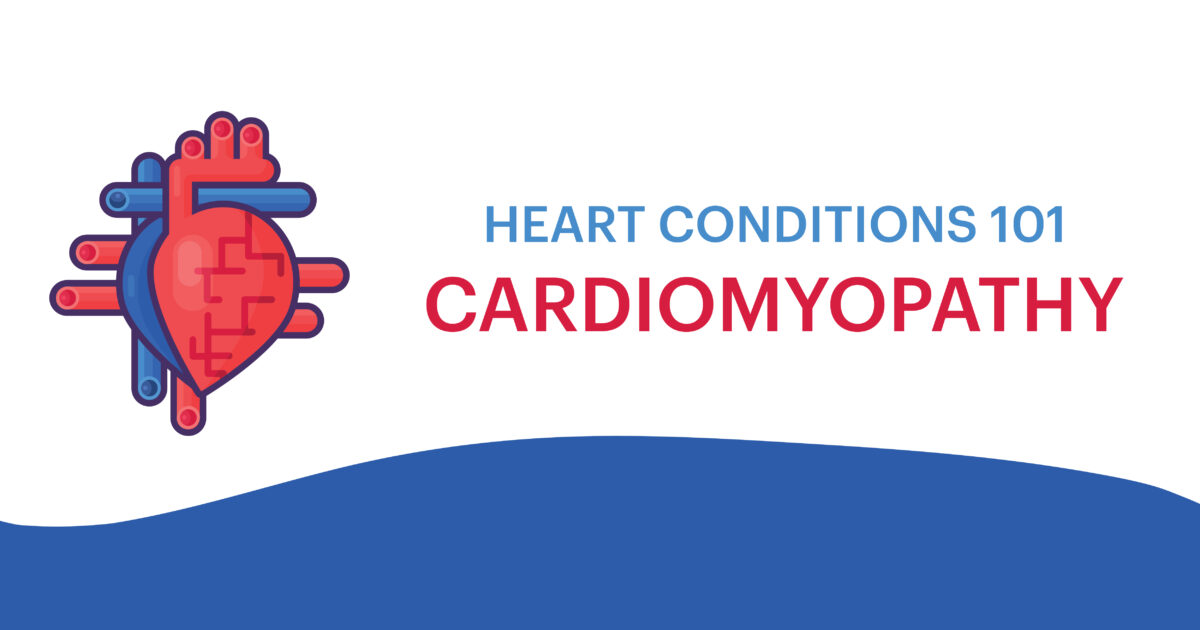Cardiomyopathy is a group of diseases in which the heart muscle has a hard time properly pumping blood. While these diseases can cause serious issues, there are treatment and prevention options for limiting its development, or avoiding it altogether. While cardiomyopathy can occur in any age group, 1 in every 500 adults has some form of it.

Symptoms of cardiomyopathy can vary depending on the type and severity of the condition. They may include:
- Shortness of breath
- Fatigue
- Chest pain
- Irregular heartbeat
- Swelling in the legs and ankles
Cardiomyopathy can be categorized into different types. Grouping is based on the particular underlying causes and symptoms.
Three of the most common forms of cardiomyopathy include:
Hypertrophic cardiomyopathy (HCM): Characterized by an enlarged heart muscle and can lead to arrhythmias and heart failure
Dilated cardiomyopathy (DCM): Involves a weakening of the heart muscle that impairs its ability to pump blood effectively
Restrictive cardiomyopathy (RCM): Manifests as reduced ventricular filling due to abnormalities in diastolic function; causes a hardening of the heart muscle
Regardless of the type of cardiomyopathy a person may have, it’s vital to seek early diagnosis in order to receive the appropriate treatment and prevent further complications.

There are many potential causes of cardiomyopathy, one of which is coronary heart disease (CHD). Because causes are so wide-ranging, it’s often the case that the exact cause is unknown. However, there are certain risk factors that can increase the odds of developing cardiomyopathy, including:
- Genetics (family history of heart failure)
- Uncontrolled high blood pressure
- Diabetes
- Alcohol abuse
- Thyroid disease
- Autoimmune diseases
- History of heart attacks
- Viral infections

When it comes to investigating potential cases of cardiomyopathy, clinicians can employ many different diagnostics and tests. One common approach is a physical examination, which can provide valuable information about the patient's heart size, pulse rate, and blood pressure.
In addition, electrocardiography (ECG) is commonly used to evaluate the electrical activity in the heart. Echocardiography, on the other hand, can provide structural information about cardiac structure and function. And other tools, such as myocardial biopsy or genetic testing, may help identify the underlying cause of cardiomyopathy in order to guide treatment decisions.

Various treatment options may be recommended for managing cardiomyopathy symptoms and limiting its development. Some of the more common medical interventions include medications to improve heart function and minimize complications and surgical procedures to correct structural irregularities or improve blood flow through the heart.
Following a heart healthy lifestyle can also slow cardiomyopathy, improve symptoms, and lead to an overall healthier (and happier) life. Some of the lifestyle choices we recommend are:
- Eating a cardio-conscious diet
- Losing or managing weight
- Getting adequate sleep
- Quitting smoking
- Practicing stress-management techniques
- Engaging in plentiful physical movement
- Reducing alcohol intake
- Managing existing risk factors
Ultimately, the best treatment approach will depend on individual factors like medical history and severity of symptoms. Nevertheless, it is crucial for anyone dealing with cardiomyopathy to work closely with a healthcare provider to find an effective treatment plan that meets their unique needs.

Using Cardiogram for Cardiomyopathy
Tagging Symptoms
Tracking Symptoms
Whenever you experience recurring symptoms, be sure to hit the “add symptoms” button on your Cardiogram app. This will help you to keep track of your symptoms, and allow your doctor to gauge the frequency and severity of your condition for a more accurate diagnosis. Remember, you can always add your own custom symptoms if you experience symptoms not listed.
Journaling
Enroll in a habit
Join our facebook community
Share data with your doctor
1. https://my.clevelandclinic.org/health/diseases/16841-cardiomyopathy
2. Brieler J;Breeden MA;Tucker J. (2017). Cardiomyopathy: An Overview. American Family Physician, 96(10). https://pubmed.ncbi.nlm.nih.gov/29431384/
3. Ciarambino, T., Menna, G., Sansone, G., & Giordano, M. (2021). Cardiomyopathies: An Overview. International Journal of Molecular Sciences, 22(14), 7722. https://doi.org/10.3390/ijms22147722




